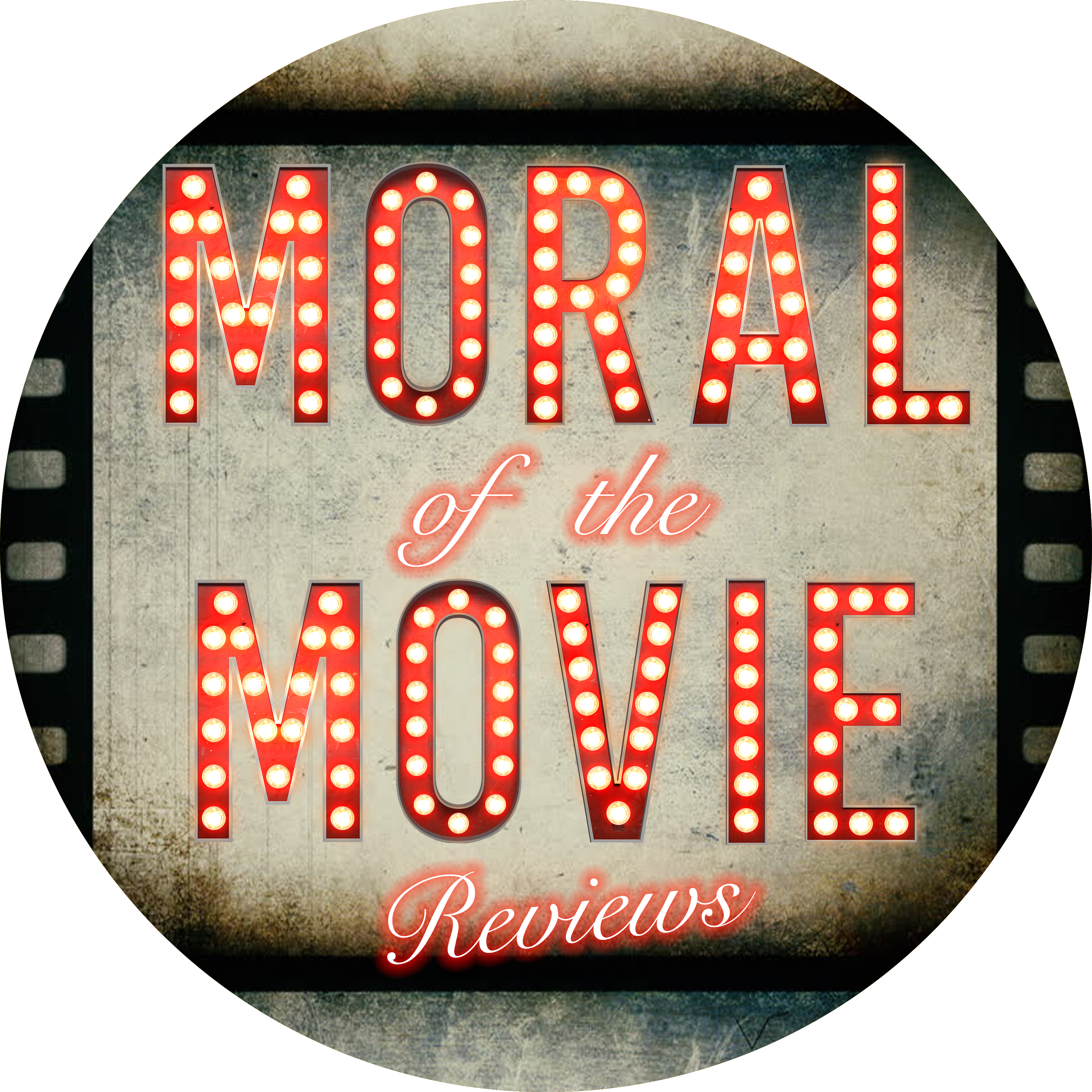
Moral of the Movie - Review
The Devil All The Time (2020)
Drama/Thriller/Epic, Directed by Antonio Campos | Rating: Memorable One-Night Stand | Published: Sept. 2, 2022, 11:04 a.m.

|

|
MORAL OF THE MOVIE
All extremes are bad, and this movie showcases just that through the drastic and lethal consequences of extreme faith, fanaticism, nihilism, egoism, and vengeance that are presented throughout the film. Additionally, The Devil All The Time serves as an example of how the passing down of trauma and attitudes from generation to generation within a family can lead to enormous pain and loss.
WHO I THINK WOULD MOST ENJOY THIS MOVIE
Anyone looking for an especially dark, grim, gritty take on extreme ideologies within rural country towns that seem to be forgotten by the rest of the nation. Specifically, if you’re into a slow burn, western noir type of movie (ie. Logan, True Grit, No Country for Old Men, etc.), then you’ll appreciate this movie’s dark tone and outlook the most.
ADDITIONAL NOTES/COMMENTARY
The Devil All The Time (2020) revolves around “sinister characters [that] converge around a young man devoted to protecting those he loves in a postwar backwoods town teeming with corruption and brutality” (IMDB). The first and immediate reaction that I had to this movie was entirely focused on its incredible performances, particularly from Tom Holland (AKA Spider-Man), Robert Pattinson (AKA the new Batman), Bill Skarsgård (AKA Pennywise the clown from It), and Harry Melling (AKA Harry Potter’s evil cousin). While one of the film’s flaws is its one-dimensional supporting characters, the performances are never flawed and instead bring forth the emotions to the film that the direction and tone lack. Holland manages to further showcase his acting talent with this role in a place we’ve never seen him before: disturbed, vengeful and full of unmitigated rage. Other than the stellar performances, I would say that the writing also warrants commendation due to how it manages to tie together the multiple storylines in a digestible and understandable manner. The story is based on an eponymous book written by Donald Roy Pollock who just so happens to be the film’s narrator. Now, I typically find narration in movies to be quite lazy on the writer’s part and oftentimes unnecessary with a few exceptions that come to mind (ie. Shawshank Redemption). So, I didn’t particularly like that aspect of the movie, but sometimes it was used quite effectively in providing more context to what we’re seeing, which I appreciated. Now, I don’t know if I should attribute it to the screenplay or the source material (my gut is leaning towards the source material), but the story is quite the epic cautionary tale with intertwined storylines that all point to a moral against extremist attitudes/ideologies. The more I think about the story, the more I like it. Everyone in the story plays a part in the development of the movie’s moral that all extremes are bad because each storyline embodies the moral through different extremes: faith, fanaticism, nihilism, egoism, and vengeance. Try and connect these extremes to particular characters/storylines and let me know what you think to see if we agree. What’s interesting about the movie is that it plays with this idea of feeling justified by your extreme ideologies and shows the severe repercussions of seeing the world in such black and white colors. One of the most memorable sequences in the film for me is the one that shows the consequences of passing down these radical attitudes to the next generation. As per usual, all extremes are bad because life isn’t black and white and is most often found in the grey areas. Nowadays, it is more relevant than ever to understand the grey areas of life and avoid such binary attitudes/mentalities (see: detrimental effects of bipartisanship). In the film’s conclusion, the audience is challenged to determine whether or not the actions you just witnessed were in fact rightfully justified (black and white) or another grey area to consider. As such, we question whether the lesson was learned or whether the lesson itself isn’t always applicable either (in other words, another grey area). Overall, The Devil All The Time (2020) is a dark movie with brilliant performances and a dramatic epic full of interconnected storylines that all function as different embodiments of its main moral.
Sign Up For Updates!
Never miss the opportunity to learn a moral from film, television, and video games again! Submit your name and e-mail to receive updates whenever a new post is published!
Subscribe to the newsletter!